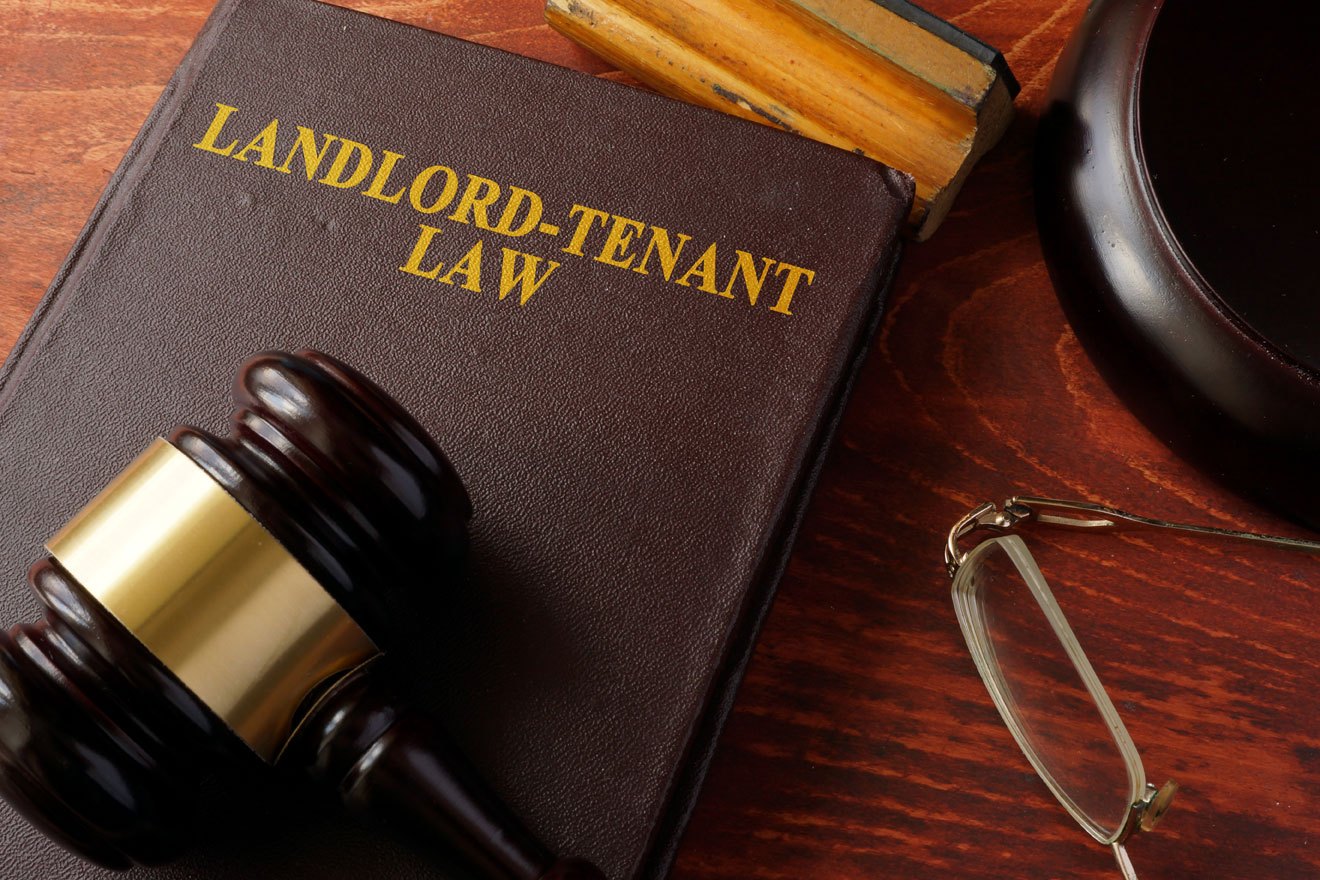Eviction Process for Landlords, Tenants and Property Managers
Eviction Process for Landlords, Tenants and Property Managers
Per Fla. Stat. § 83.40 et. Seq., landlords in Florida have a legal right to evict tenants from their rental properties. The specific eviction process will be detailed below.
Tenants can be ordered to vacate the landlord’s property based on a number of reasons provided by law.
3 ways landlords can evict tenants in Florida
The following are the three most common reasons for initiating an eviction process:
- Tenant failed to pay rent
- The tenant did not follow their lease’s rules (e.g. keeping a cat in their unit when the lease has a strict no pets provision)
- Tenant did not maintain their unit according to the minimum standards set by Florida law. See Fla. Stat. § 83.52.
What landlords can not evict tenants for
All cities in the state of Florida prohibit landlords from using common forms of ‘self-help’ to push their non-paying or ‘problem’ tenants from vacating their units.
These methods include, but are not limited to:
- Removing the tenant’s unit doors
- Changing the tenant’s locks to effectively lock them out of their unit
- Interfering with a tenant’s utilities, including cutting off their main water valve and other actions
Can tenants sue their landlords?
Yes. Their tenants can sue landlords who take any of the above or similar actions for monetary damages or for statutory damages of up to three times their rent.
Winning tenants can also sue for their attorney fees. If they hire a lawyer on contingency, the lawyer can also try suing to recover their fees.
To avoid any of the issues above, landlords must follow the 5 steps below to properly go through an eviction process.
Notices to use: Download the Forms you need
3-day notice
This notice is given to tenants who didn’t pay their unit’s rent on time. To have any legal effect, your notice to a non-paying tenant must clearly state the exact rent amount due and gives the renter three days to pay up. This 3 day period does not include holidays or weekends.
The notice must say that their tenancy is terminated if the tenant doesn’t pay within three days.
If the tenant fails to pay after the 3-day notice and doesn’t move out, Fla. Stat. § 83.56(3) allows a landlord to start a lawsuit for the eviction process.
7-day notice of lease violation with a chance to ‘cure’
Most leases list terms of occupancy the tenant is supposed to follow. Similarly, there are also tenant obligations required by state law. Landlords send out 7-day notices when the tenant violates these terms.
If the lease terms or statutory obligation violation(s) can be corrected or ‘cured,’ the landlord must give the tenant a 7 day notice with a chance to cure. This type of notice lets the tenant know which lease term(s) they are breaking and that they have a week (7 days) to correct the problem. The notice also lets the tenant know if, after 7 days have passed, the violation continues, this would terminate their tenancy.
If the tenant has not resolved the violation within the 7 day notice period, per Fla. Stat. § 83.56(2)(b), the landlord can go to court to file suit for an eviction process.
Seven-day “Unconditional Quit” notice for uncorrectable lease term violations
According to Fla. Stat. § 83.56(2)(a), tenants can be found to violate lease terms in a way that can’t be cured or corrected. The law provides the landlord with an ‘unconditional quit’ seven-day notice in these situations. This notice spells out the lease terms or statutory provision(s) the tenant violated and tells them to vacate their unit with 7 days or face an eviction lawsuit. Once the 7 days are up, the landlord can go to court to continue with the eviction process.
Other types of notices cover no lease tenants or holdovers
If the tenant hasn’t signed a lease, the landlord can end the tenancy without giving any specific reason. The landlord only has to send proper notice to the tenant, allowing for the number of days provided by Fla. Stat. § 83.57. For instance, month-to-month tenants must be given 15 days to vacate.
Since Florida law does not automatically renew leases when they expire, tenants who continue to rent are considered ‘leaseless.’ Accordingly, the notice process for month-to-month tenants described above, apply to them.
If you want your own Florida lease agreement, head over to Our Forms Pages to download your very own template.
Follow the right method of giving notice to your tenant
According to Florida law Fla. Stat. § 83.56(4)., notices sent to tenants are considered properly delivered if these are hand-delivered, mailed, or, if the tenant isn’t around to receive the notice, leaving a copy of it at the tenant’s residence.
In practical terms, though, many judges require landlords to prove that the tenant actually received notice. This means landlords should use certified mail or require a return receipt when mailing out eviction notices. Still, the best method is to physically deliver the required notice personally. If the tenant isn’t around, landlords must post a conspicuous and hard to ignore notice of eviction at the tenant’s place.
Step #2: Write up your complaint and file your Florida Eviction Lawsuit at your county court
Once a landlord has complied with the necessary notice period of 3 or 7 days, Fla. Stat. § 83.59 enables landlords to file suit for eviction at the county courthouse with jurisdiction over the rental property area.
To file suit, the landlord or their attorney needs to file the following documentation with the county court:
- Complaint for Eviction
- Summons
- Non-military Affidavit
- A double-stamped addressed envelope for each defendant
What should the complaint contain?
The complaint must give the court all relevant information it needs to order an eviction:
- The landlord’s information
- Location of the property
- The tenant’s violation
- A specific request for eviction of the tenant
Landlords must also attach to the complaint a copy of the lease (if any) and a copy of the notice sent to the tenant.
The summons is the notice sent to the tenant informing them of the lawsuit.
The affidavit of non-military status certifies to the court that the tenant isn’t US military personnel on active duty. Different rules apply to active-duty military personnel.
Most Florida country courthouses require a $185 filing fee. In addition, there’s a $10 additional summon issuance fee for each defendant.



 However, since Tenants are protected by the law, they are not allowed to evict them without adherence to due process. Common reasons for Eviction include:
However, since Tenants are protected by the law, they are not allowed to evict them without adherence to due process. Common reasons for Eviction include:













